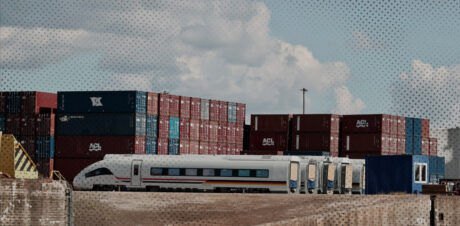Illicit Iranian shipping networks continue to identify new and creative ways to evade U.S. and international sanctions, while simultaneously presenting a myriad of sanctions-related risks for the financial, trade, and maritime industries.
Join us for our next master class on July 28 at 10:00 am EDT (14:00 UTC), to learn how public data and data analytics can be leveraged to identify high-risk Iranian shipping networks.
Conversations surrounding Iranian sanctions evasion schemes — and broader illicit shipping practices in general — tend to focus on shipping-specific typologies such as spoofing, ship-to-ship transfers, and altering vessel identification.
In this class, however, we will discuss how Iran uses three corporate typologies to obfuscate and evade sanctions:
- Use of anonymous shell companies
- Use of cross-border and offshore corporate structures with multiple tiers of ownership and control
- Frequent changes in ownership and management of vessels linked to Iran and/or their facilitators
Additionally, we will illustrate how a combination of official company records and ship data can be used to identify and trace Iranian actors and their facilitators across the globe.
See below for an additional list of analyses and tip sheets that shed light on using public data to expose illicit shipping networks globally:
Active Shipping Companies Linked to Oil Smuggling and Sanctioned Terror Financiers
How Iran’s National Shipping Company Used Offshore Companies to Dodge U.S. Sanctions
How to Use Public Records to Investigate Ships
Ships Exporting DPRK Coal Owned by UK Companies



